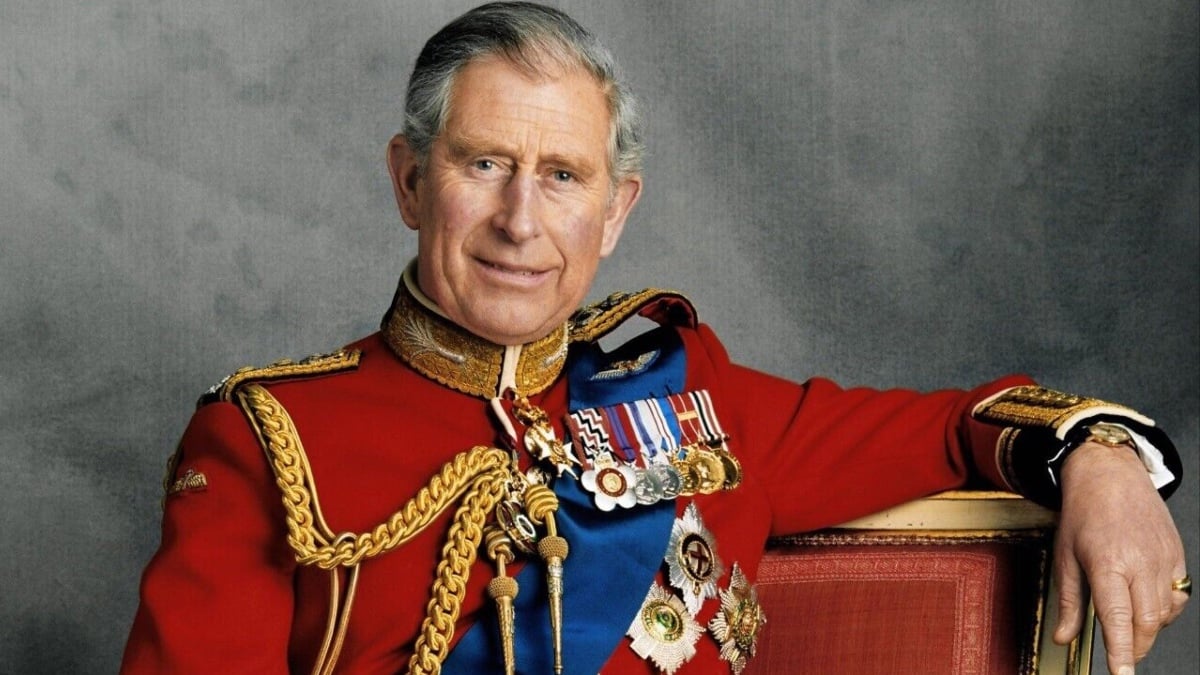This week, King Charles III celebrates his 75th birthday – his first birthday officially on the throne since his coronation back in May of this year. Charles, born to Queen Elizabeth II and Prince Philip, Duke of Edinburgh, on Nov. 14th, 1948, celebrates the day of his birth like the rest of the planet – but with an extra celebration almost six months prior, every June.
So, does Charles celebrate half-birthdays, or does he enjoy “unbirthday parties,” à la Alice in Wonderland? Sadly, no. As his title declares him, the King of the United Kingdom has a birthday party in the form of “Trooping the Colour,” which takes place every second Saturday in June. The event, as described by the Royal Family, is where “1400 parading soldiers, 200 horses, and 400 musicians come together each June in a great display of military precision, horsemanship and fanfare.”
It sounds a lot grander than birthday cake and celebratory drinks, which probably happened on his other birthday. In contrast, Trooping the Color is described as his “official” birthday, which is a little confusing, given that it goes against the definition of a birthday.
The Dual Celebration of King Charles’ Birthdays
Every British monarch from the last 260 years has celebrated their birthday under the Trooping the Colour celebrations. According to the British Broadcasting Corporation (BBC), Charles’ great-great-grandfather, Edward VII, was instrumental in making the pre-existing ceremony a birthday party for whoever was on the throne. His November birthday, especially in Britain, made for some pretty terrible weather, and he wanted his birthday to be an outdoor national celebration. Having a summer celebration meant that those in the parade – both human and horse – have no trouble taking part, especially for animals, as extreme weather can easily disturb them.
Traditionally, the monarch’s birthday is a bank holiday in the UK, meaning that most Britons have the day off from school or work. Charles has retired the concept of a day off on his birthday (which likely won’t help his popularity), but the summer birthday celebration also likely has something to do with not having too many bank holidays.
Put it this way – one is a public birthday, one is a more private one, and is a little more like the average person’s birthday, with family and friends. The two-birthday system has been subject to a lot of criticism over the years, as the lavish affairs on both dates do little to derail the republican argument that it represents wealth and social inequality.

